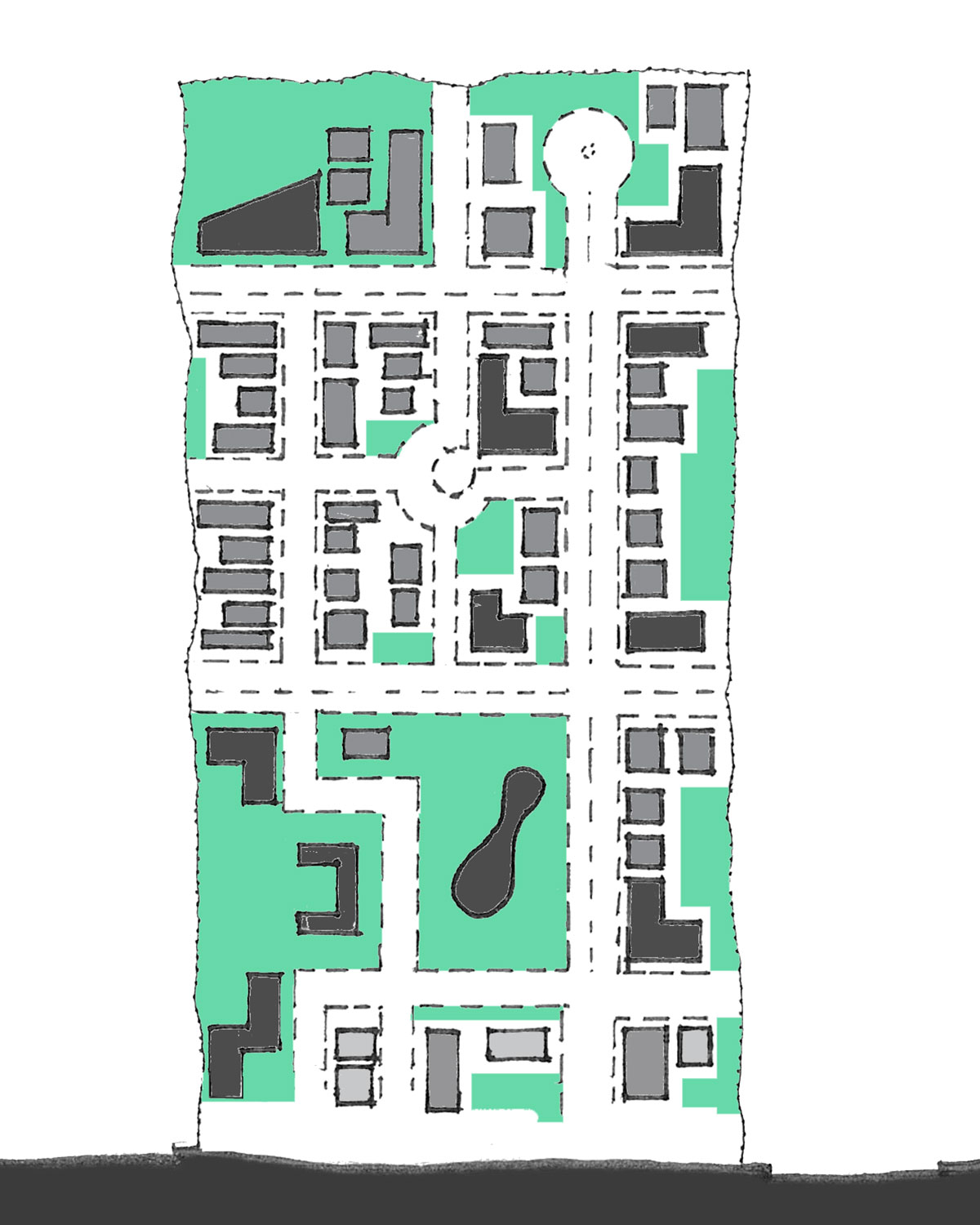THINK_Lifestyle
Read More...
GROUPN publishes articles once or twice a week reviewing, postulating and forecasting trends in the world of entertainment and lifestyle design.
We promise we won't fill you inbox with sales pitches or memes of the day. Our focus is on industry specific issues to help you improve your business
To stay in touch please follow us on social media or subscribe to our newsletter.
News
-

Designing for the Third Age: Retirement Living
By Marc Nicholas Our ability to live longer than in any other time in history is fuelling a re-think in the design and construction of architecture for aging. Those aged over 55, a period now known as the Third Age, have higher expectations than previous generations in terms of innovative design and features in senior…
-

Vertical Villages: Sustainable Urban Hospitality Design Solutions
Connectivity and flexibility have historically had little to do with retirement living, but vertical villages are slowly changing this model. The emerging niche – medium or high rise apartment buildings specifically designed for urban retirees – is fast rising within the $28 million aged care sector, and we’re starting to see developments appear by major…
-

Catering to Baby Boomers: Insights for Hospitality Design
“What you are is where you were….when you were being value programmed” was a video that accompanied Dr. Morris Massey’s book ‘The People Puzzle’ published in 1979. It identified generations according to age and ‘Baby Boomers’ became the phrase to identify children now middle aged. The life values of this post-war group are quite specific:…
By topic